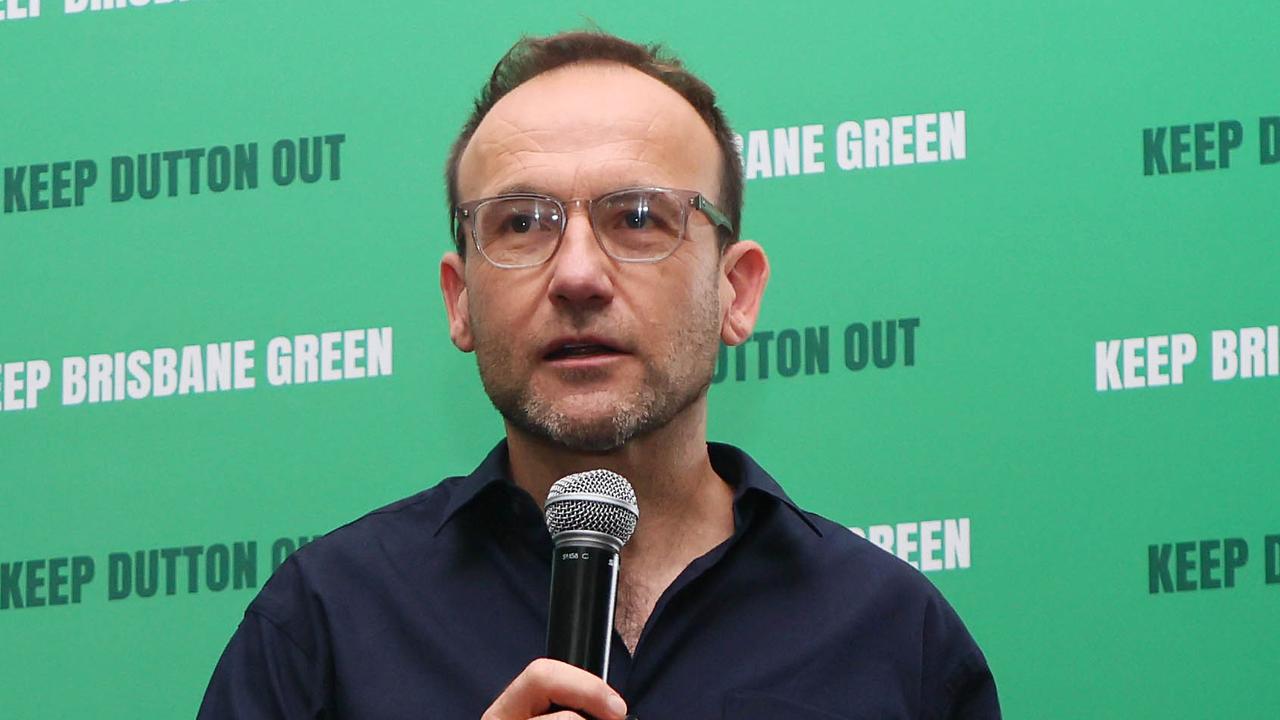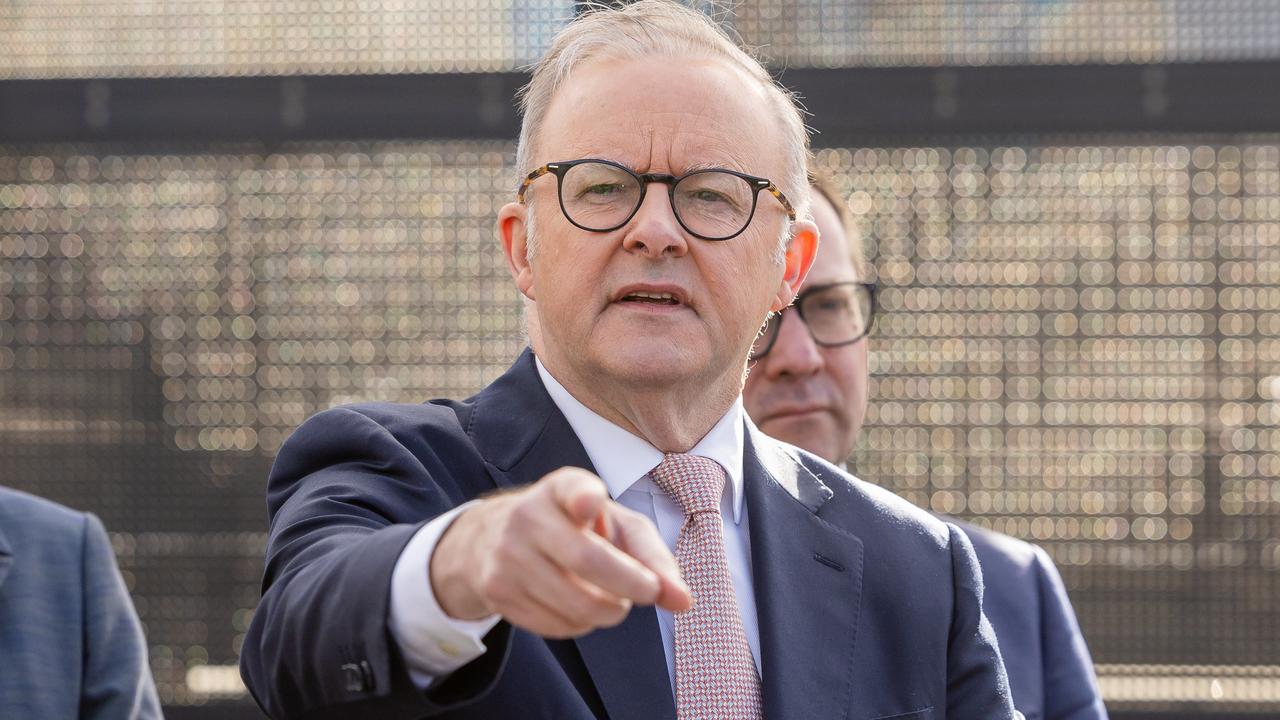Emotional reunion after 50 years caps ‘surreal’ life of Operation Babylift evacuee
For Adelaide woman Chantal Doecke, the word ‘surreal’ doesn’t even come close to describing her life, particularly an emotional but bittersweet meeting with a previously unknown twin brother in Brisbane.
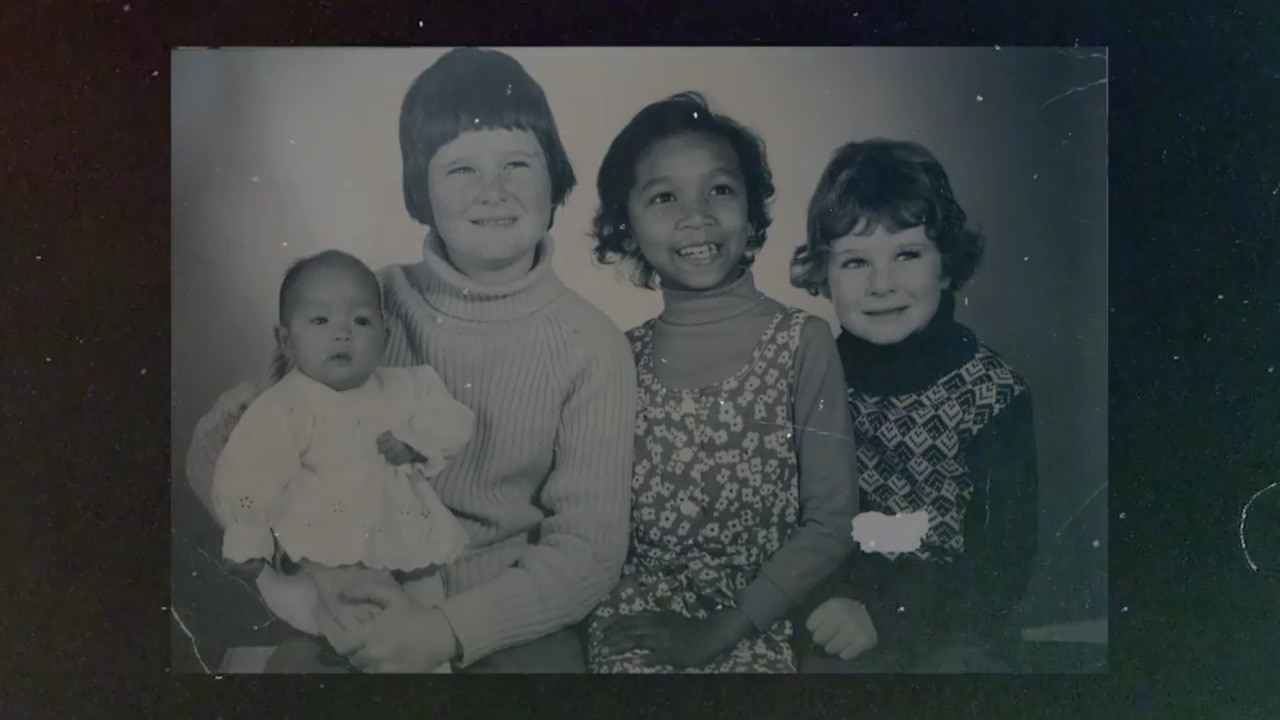
National
Don't miss out on the headlines from National. Followed categories will be added to My News.
Exclusive: Evacuated from Saigon as an infant, in the last desperate days of the Vietnam War. Adopted by a loving family in Adelaide. And then, at the age of 50, an emotional but bittersweet meeting with a previously unknown twin brother, who had been evacuated at the same time, and adopted by a family in Brisbane.
For Chantal Doecke – born Le Thi Ha – the word “surreal” doesn’t even come close to describing her life.
“I actually don’t think I’m ever going to process this,” she said after finally meeting her twin brother in January.
Her story is just one of the heartwrenching legacies to fall out of Operation Babylift, the mass evacuation of about 3000 children from Saigon that happened in the final days of the Vietnam War. Babies were packed onto planes bound for countries like the US, France, Canada, and Australia – with seats ripped out to fit as many as possible.
Ms Doecke was one of those babies.
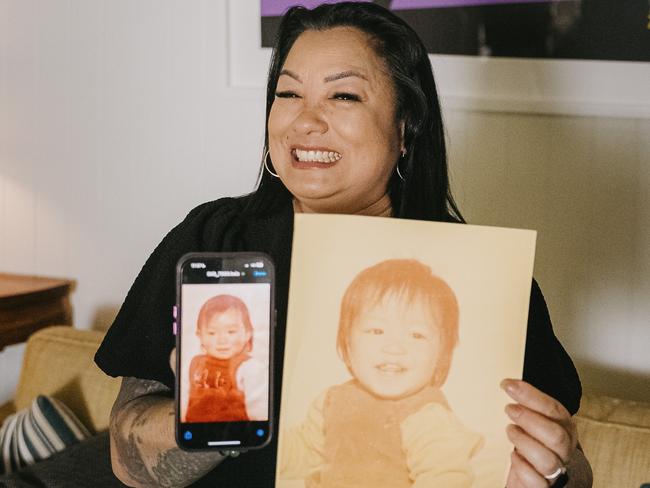
April 5 will mark the 50th anniversary of her arrival in Australia. Weighing just 2.25kg, she was packed into a shoebox, her birth certificate pinned to her clothes and an umbilical stump still attached.
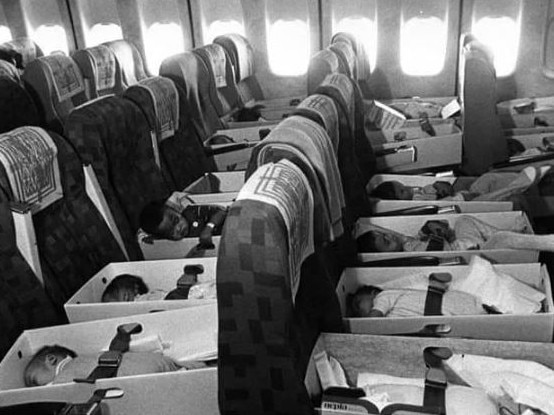
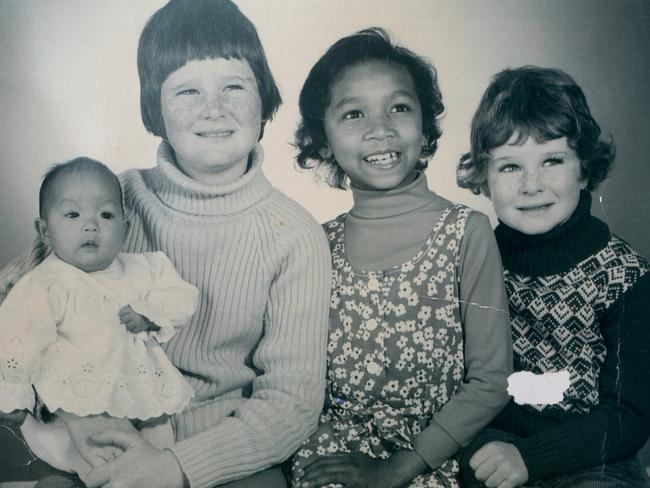
It was a loving and carefree childhood, and she spared little thought for the life she otherwise might have lived.
“I was never interested in looking for my family,” Ms Doecke said. “I have my adopted family, I have my siblings, and I was content.”
But that changed when she gave birth to her daughter when she was 20.
“From the time she was born, I’d look at her in my arms and think, ‘She looks exactly like me. I’ve kicked off my first ever bloodline,” she said.
“I wanted to know where I came from.”
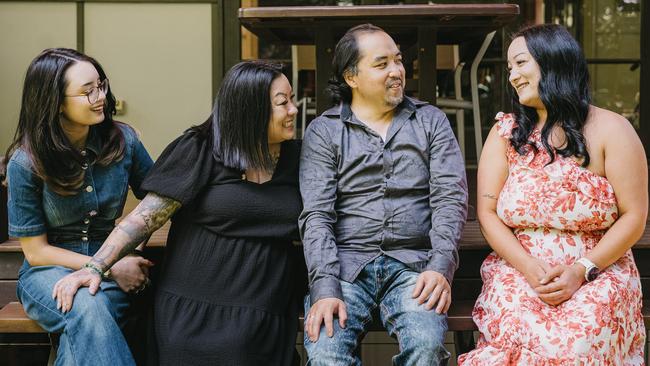
It kicked off a search for her biological family, although it was a quest she nearly abandoned.
“Back in 1995, DNA wasn’t like it is today.”
In 2015, she finally turned to DNA testing and received 12 matches – however, all were distant cousins.
“I was overwhelmed. I couldn’t believe I actually had blood relatives,” she said.
She reached out to some, but while a few welcomed the connection, others weren’t interested.
“I thought maybe it wasn’t going to happen. I kept hitting roadblocks.”
Another decade would pass before she renewed her search.
But she never imagined the answer to her search would also be in Australia, just 2000km away.
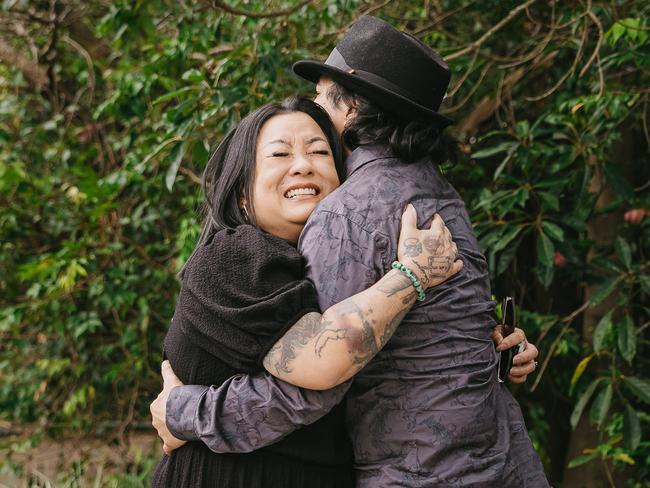
In 2024, she took an Ancestry DNA test for a TV documentary. When the program never went ahead, she left the results unopened, convinced she’d reached another dead end.
Months later, just days before a planned trip to Vietnam, she finally worked up the courage to check them.
And what she saw left her in shock.
“My daughter logged on and suddenly said, ‘Mum, you have a twin brother.’ I thought she was joking,” Ms Doecke said.
“We went back and forth until she spun the laptop around – there was his picture. I had a twin brother named Glenn Ham.
“We never should have been separated in the first place, and he’s only a couple of states away from me.
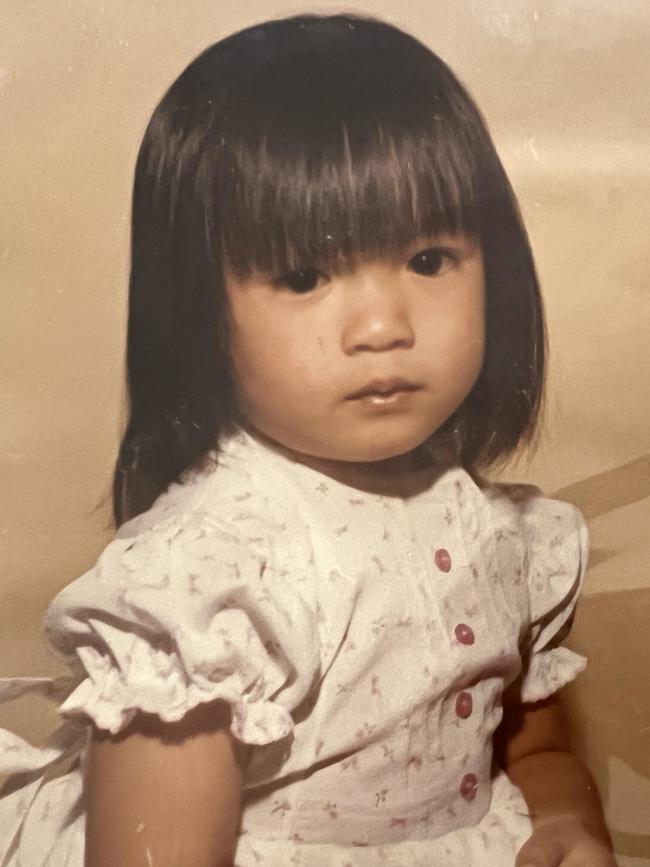
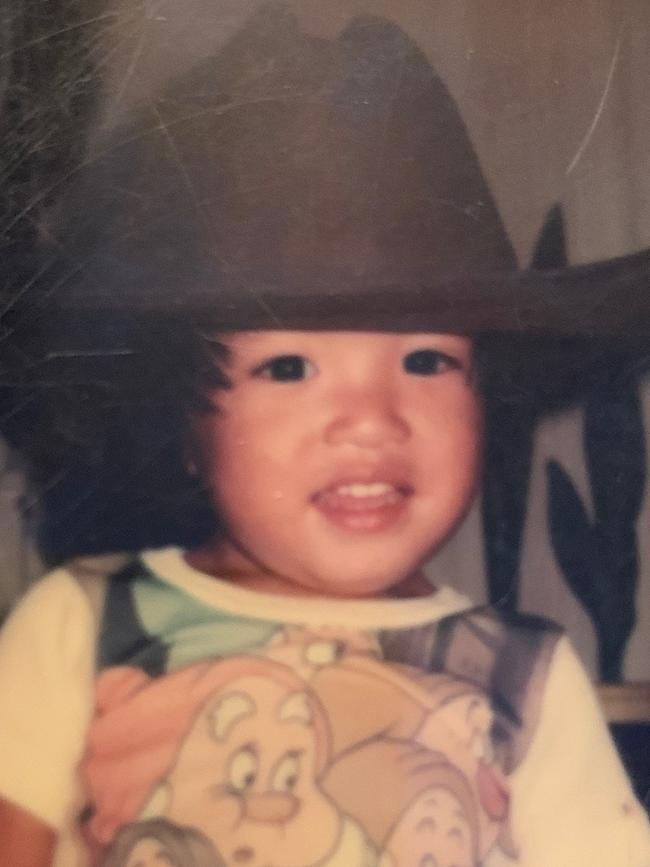
“That made me angry because we both grew up in Australia, not that far apart, and we are twins … Maybe that’s why it’s so difficult for me to process.”
It wasn’t until last November that they finally connected over the phone – a moment Ms Doecke still struggles to believe.
“We’ve been separated for 50 years, and I adore him in every single way. He’s the most gentle person.
“But I don’t think I’m ever going to fully process the fact that I have a twin brother.
“It’s the biggest piece of information I’ve ever been given, and I don’t think I’ll ever wrap my head around it.
“I’m a stranger to him, and he’s a stranger to me, and it shouldn’t be that way. He’s my twin.”
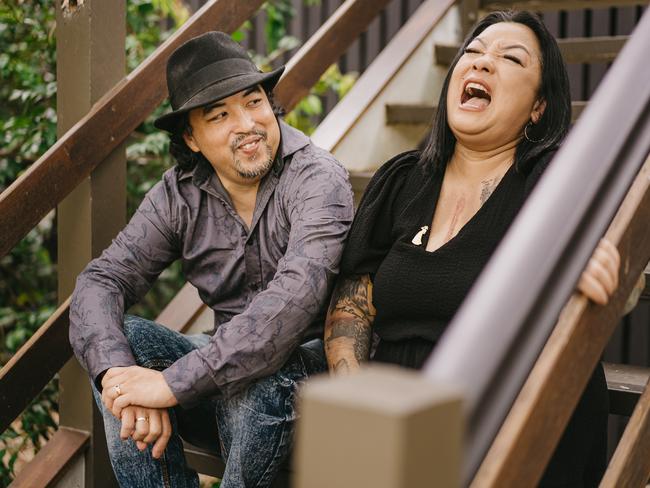
In January, Ms Doecke travelled to Brisbane to meet her brother for the first time.
“Seeing someone you should have grown up with, bonded with, argued with, and had fun with – it’s an interesting feeling,” she said.
“I keep saying ‘surreal,’ but if there’s a word beyond surreal … I still can’t put it into words.
“Turns out, he had never even heard of Operation Babylift, so I had to fill in all those gaps for him.
“And the only reason he did a DNA test was for health reasons, to see if he was fully Vietnamese.”
While Operation Babylift is often remembered as a massive humanitarian effort, sociologist Dr Indigo Willing said the reality was much more complex.
Dr Willing, who herself was born in Vietnam during the war and adopted by an Australian family, said many misunderstand how these adoptions happened.
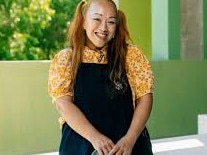
“One myth that needs to be addressed is that all adoptions happened as part of Operation Babylift,” she said.
“This is not true, as throughout the war, pre-1975, children from Vietnamese orphanages were being adopted abroad. In some cases, as far back as the 1960s.”
By the 1970s, the anti-war movement was peaking, and many Australians wanted to help.
Dr Willing said children were often boarded onto planes “in cardboard boxes” with “paperwork that was not always authentic or even present”.
“Operation Babylift was a landmark event, putting unaccompanied babies and children from a conflict onto planes for new lives abroad,” she said.
“But the rushed nature of the evacuations is now seen as an example of what not to do.”
For many adoptees, the impact was lifelong.
“As they grow older, adoptees often struggle with their identity, feeling ‘unable to fit in’ or facing the reality of being racially different from their adoptive families,’” Dr Willing said.
“Research indicates that even if children have a supportive and safe adoptive family, they can still feel a deep sense of lack and grief.”
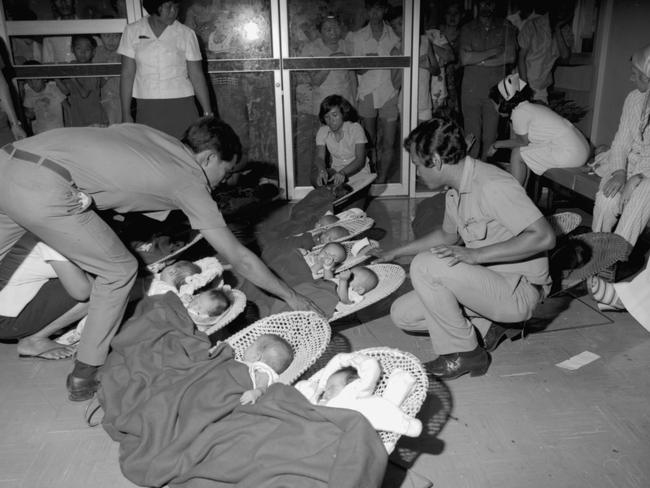
Today, advancements in technology and DNA testing have helped many adoptees reconnect with lost relatives. However, for some, it’s too late.
For Ms Doecke, finding her brother has reignited her push to locate her biological mother.
She is also advocating for greater recognition and support from the Australian government for adoptees like herself – who, to this day, have never received official acknowledgment.
“I’ve always had a feeling that our mother is alive,” she said.
“I’m pleading with anyone who reads my story – if you know something, or if you worked in the Tu Do maternity hospital in Saigon (District 1) in Vietnam at the time – please come forward.
“Somebody in that hospital would remember a set of twins born at that time that were abandoned straight after birth.”
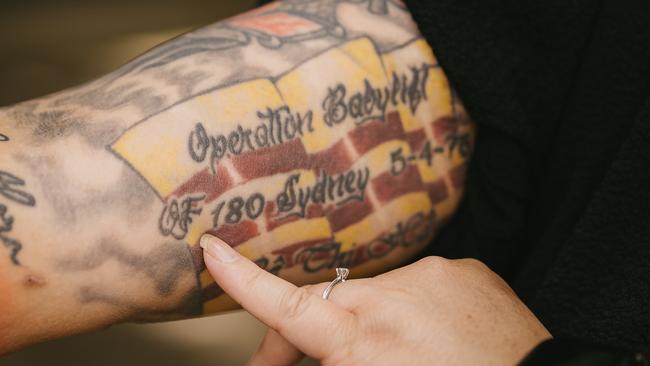
She also wants the Australian government to finally acknowledge those brought to the country under Operation Babylift.
“To this day, they have never helped us find our families,” she said.
“Why aren’t they stepping up after bringing us into this country? Why aren’t they offering some sort of help?
“At the very least, it would be nice if adoptees like us were recognised in some way — because, right now, there’s just nothing.”
This reunion was made possible by Artemis Media and Ancestry. You can watch the full reunion here.
More Coverage
Originally published as Emotional reunion after 50 years caps ‘surreal’ life of Operation Babylift evacuee




